This column is about confidence, and the con games we play with ourselves that can either erode, or develop, that confidence. I’ve done a lot of thinking on confidence – or more accurately, on the lack of it – because I’ve been doing a lot of writing and giving bootcamps* on the issues that women face in an art career, and in the greater world. Confidence is a big problem, but it’s far from just a women’s issue. Men and women both suffer from insecurity. Lack of confidence can keep you from promoting yourself, it can keep you from networking effectively, it can stop you from making the best of opportunities that come your way, and it can keep you from getting the mentor and peer input that could really push your work.
I’m very lucky – I was raised by my parents to be extremely independent and confident, and to be able to work a room, and I’m very extroverted, so I am more comfortable interacting in crowds and with strangers. But even I get insecure sometimes. I’ve often been hit with Imposter Syndrome in my career. (If you don’t know Imposter Syndrome, in a nutshell, it’s the irrational fear that you are a fraud and “they’re” all going to know you’re a fraud, that you couldn’t have possibly earned what you’ve gotten. And who the hell are “they” anyway?)
So regardless of where we fall on the confidence scale, there are going to be times when we need to force ourselves to be more confident. So how the hell do you do that? Here’s a few things that help me:
1 — Know it’s all in your Head:
Like I said, everyone is insecure sometimes. And a little insecurity is good – it keeps us from getting arrogant, but too much makes us entirely too self-conscious. When we get self-conscious we imagine that other people are constantly judging us harshly. We’ve all done it – imagined thoughts in other people’s heads disliking us, and criticizing (or worse, laughing at) what we’re doing.
But you know what? Most of the time, other people notice and judge us a lot less (and a lot less harshly) that we judge ourselves. Those voices in our head aren’t what other people are probably thinking – they’re us. And we are our own worst and nastiest critics. And that means we have the power to control our inner voices, and teach them to be nicer to us.
And if you really are worried about what other people will think of you, then you need to learn The Subtle Art of Not Giving A F*ck. We only have so many f*cks to give in the world and we need to hoard them for ourselves, we can’t just give them away to everyone who walks by. We need to save them for ourselves and for the people that have earned them. Don’t get me wrong, it’s not about not caring about what you’re doing. “Not giving a fuck” seems like it implies apathy, and that’s not what I mean at all. It’s more about saving the energy you’re wasting on imagining what other people think and using it on yourself and your awesome projects. I’m researching better terms than “f*cks” to use that don’t imply apathy…I’ll keep you posted.
2 — But the Body plays a big role as well:
There’s two physical things that immediately boost our confidence: our posture, and eye contact. It’s been proven that “power poses” actually boost testosterone in the body, giving us a little hit of confidence juice that reinvigorates us. Watch Amy Cuddy’s Ted talk to learn which power poses actually work on your body chemistry, then check out this more in-depth article.
3 — Remember it all comes back to fear:
Confidence is the lack of insecurity. Insecurity is all about fear. Don’t let fear stop you from doing things you want to do. What’s the worst that could happen? Some stranger laughs at you? (See #1 again). Or that you fail? (Manchess already covered that this week).
So what’s the “con” in “confidence? Well, sometimes you have to con yourself into feeling confidence. Fake it til you make it is the name of the confidence game. Some people don’t like that idea, it feels fake to them, it feels like lying, it feels like you’re a fraud (imposter syndrome again) but think of it this way: There is nothing different between a confident person and an insecure person except how they feel about themselves. Not success, not fitness, not money, nothing. The only difference is in your head. So in a way, there is no “faking” confidence. You start acting like a more confident person, you slowly start to make it a habit. You practice it, and you realize that people really do start to pick up on that confidence shift in you (and are not calling you out for being a fraud), and it feels good. And slowly, it sticks. That’s not to say we don’t all have insecure times — before every Spectrum panel and bootcamp I was “faking it” until I got started and more comfortable. But self-confidence becomes your default, and that’s the most important foundation you can have to then go out and make and do awesome things.
*Yes, we’ll be uploading the bootcamp one-sheets for everyone soon.


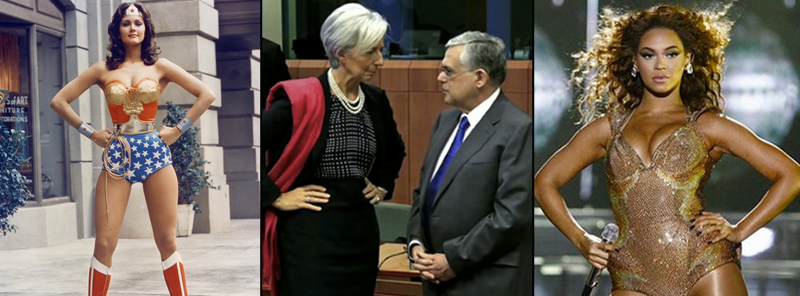
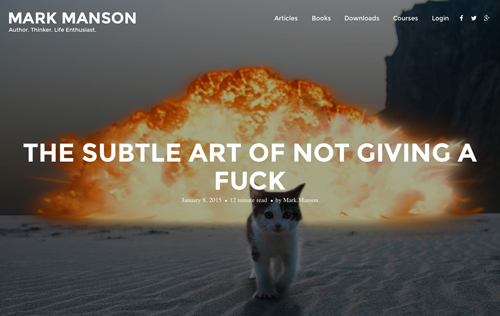
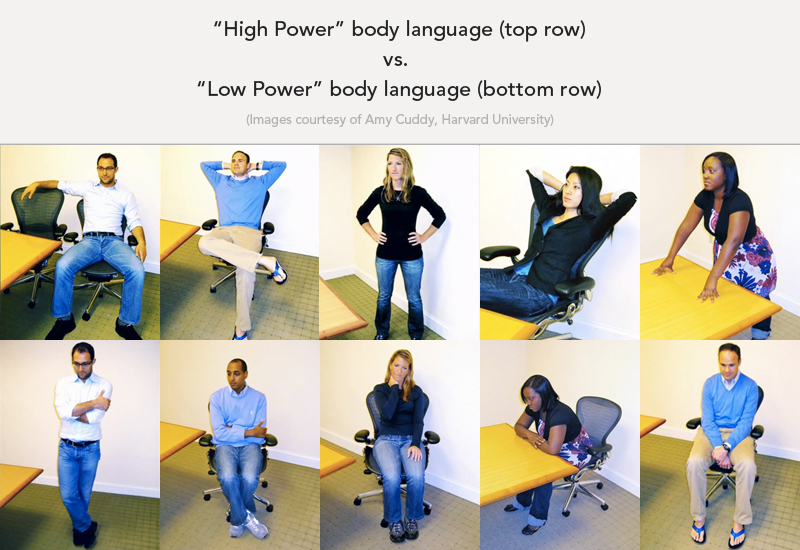

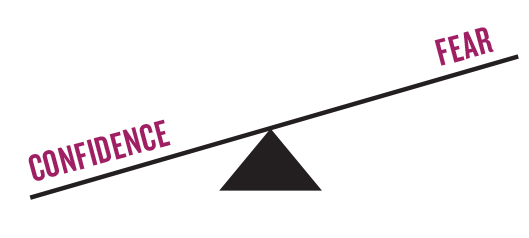




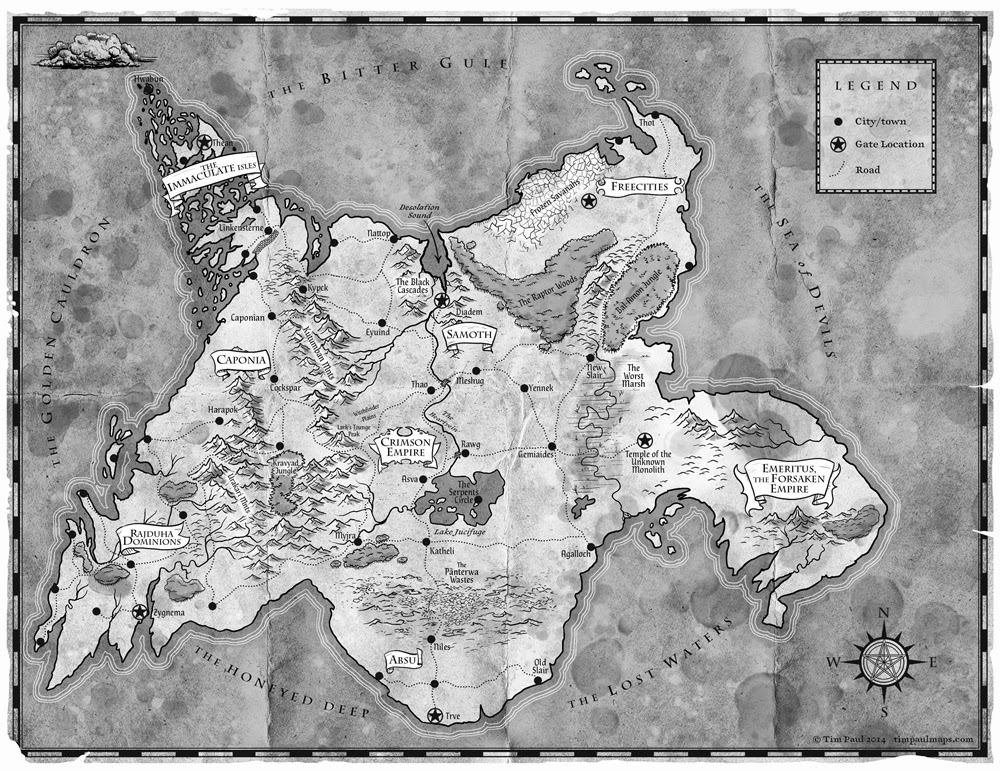

awesome articule Laure, as always 🙂
Another cracking good post Lauren, thanks!
Love this article, Lauren! Very well timed as I was in need of a confidence boost for a big project I've been working on. The instinct of “I have bitten off more than I can chew!” has definitely cropped up!
I think I'll practice my manspreading to see if I can boost those testosterone levels. XD
I spoke about motivation a few months ago to a group of women. During the Q&A session, I said, “The older I get, the less fucks I have to give.” Indeed.
You rock Lauren!!! I give this article 10 out of 10 F**ks. 😀
Thank you so much for posting this! I needed this more than you know right now. I'm finding it difficult to even sketch sometimes thanks to the infernal internal critic in my head. Now to figure out how to paraphrase this for my 10 year old artist that is fighting this issue too!
Very inspiring post as usual Lauren. Just knowing that others deal with the same issues makes the confidence go up quite a bit. Thanks!
I love this Ted talk. I saw it for the first time a few years ago, and it totally changed my approach to how I go into my day job (and EVERYTHING else too). I saw pretty immediate and drastic results, which continue to surprise me to this day. It has a great effect on how I view myself, because even when I may not feel like the most knowledgeable person in the room (or the best artist, whatever the case may be), I do feel like I have control of the room, what I do say gets listened to, etc, that gives me plenty of confidence. I remember noticing once, right after I saw the talk for the first time, the employees in the hall at a client I was visiting, and how I immediately made assumptions about their hierarchical importance and competency based on the way they were walking, holding their head, and making eye contact. These aren't malicious assumptions, but something we all do subconsciously when we interact, and it made me immediately decide I wanted to be in conscious control of the impressions I was allowing to be made of me.
On the other hand…for introverts, this act can be incredibly draining!
I was discussing this subject and you, Lauren, just two days ago with a friend. I am a very introverted person and self-conscious is the worst way. I have been to several conventions and have even showed at the Showcase at Illuxcon. But I have never been able to bring myself to sign up for a portfolio review or try to approach someone like you. I tell myself next time I will be bolder, more confident. But when the opportunity comes again, I bail. The unreasonable fear holds me back every damn time. Illuxcon will be here before you know it, ( I will be in the Showcase again) and I am already trying to talk myself into being more confident and secure, and to stop holding myself hostage with that fear. Reading something like this is incredibly valuable to me and I thank you for it.
Sorry I came late to this conversation. Good learning, here, especially the concept of the “imposter syndrome” which is new to me and which lately I have been very able to relate to. Thanks very much for posting.
I haven't seen the result of your “better term” search mentioned in paragraph 6, but knowing several people who would benefit from your insights but would be distracted by the term you chose (I personally don't know of anyone who uses that class of words in public and I really don't understand its meaning here — sorry!) I reworked the paragraph using the word “care”, as in, “not caring”. I then emailed it to several people, linked back to this article and giving you attribution. I hope this is okay with you. I tried to be faithful to what I perceive as your message.
If you do update the term I will update my emails. Once again, thanks very much for posting.
Sorry I came late to this conversation. Good learning, here, especially the concept of the “imposter syndrome” which is new to me and which lately I have been very able to relate to. Thanks very much for posting.
I haven't seen the result of your “better term” search mentioned in paragraph 6, but knowing several people who would benefit from your insights but would be distracted by the term you chose (I personally don't know of anyone who uses that class of words in public and I really don't understand its meaning here — sorry!) I reworked the paragraph using the word “care”, as in, “not caring”. I then emailed it to several people, linked back to this article and giving you attribution. I hope this is okay with you. I tried to be faithful to what I perceive as your message.
If you do update the term I will update my emails. Once again, thanks very much for posting.